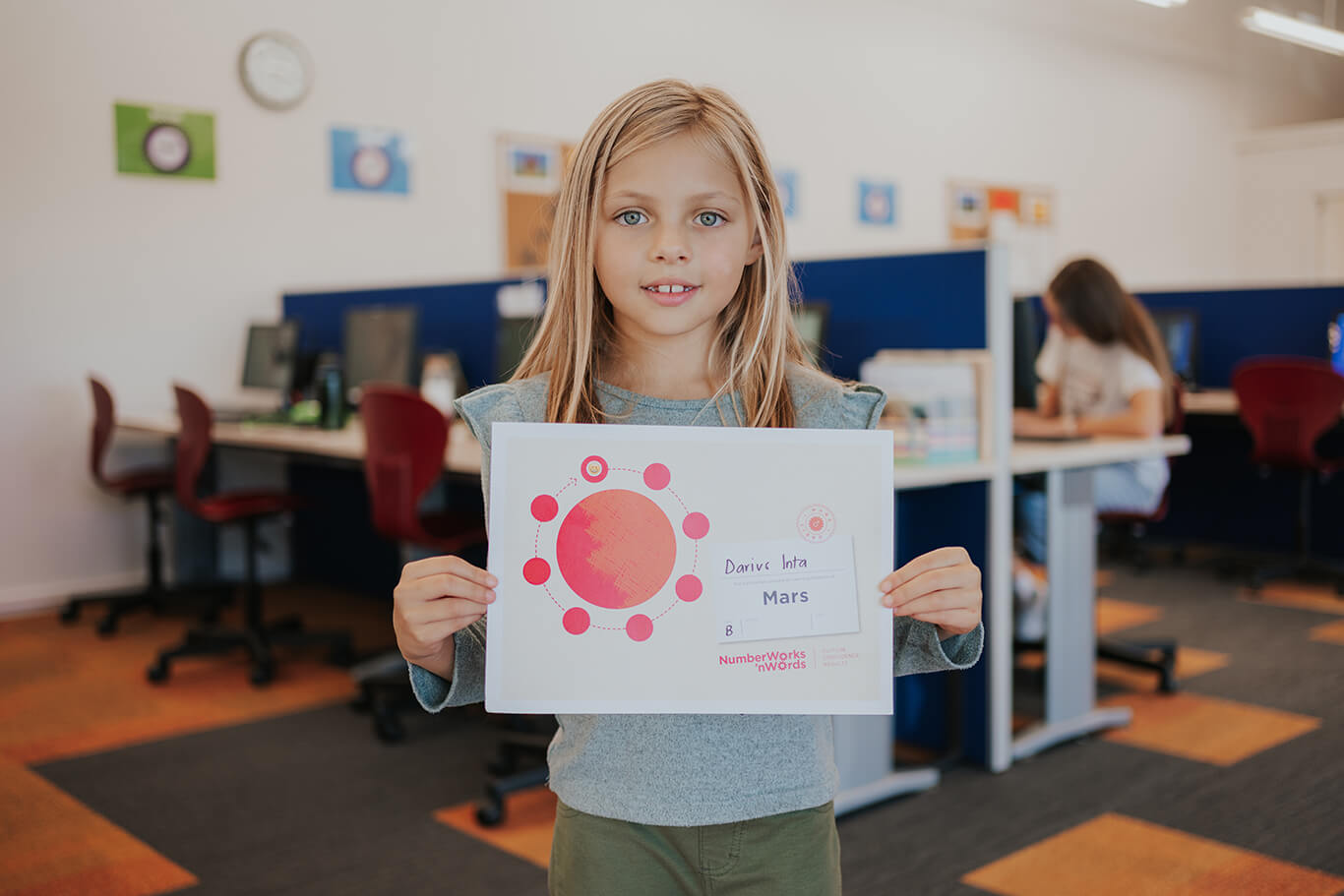Becoming a resilient learner

Resilience is the key to helping young learners manage stress, anxiety, and uncertainty. Those who are resilient have the courage, motivation, and confidence to face challenges, while maintaining a positive mindset. As adults, we know that children face many challenges in early stages of life, from adapting to a new school, to the stress of homework piling up, or just the uncertainties that are part of life. When faced with challenges, resilience helps children to thrive and overcome setbacks, which is why it is important to teach our children how to become resilient learners from a young age. Read on to discover more.
1. Develop problem solving skills
Problem-solving skills are fundamental to childhood development. It teaches children to think outside the box and helps them become confident, capable, and resilient learners. Key problem-solving skills include critical thinking, creative thinking, and decision making. When children face problems, they learn to tackle them by utilising their problem-solving skills to think logically and critically and make appropriate decisions, which in turn helps them to become more resilient. Each time your child faces a challenge, encourage them to brainstorm the best strategies to solve the problem and teach them to tackle difficult situations with grit and resilience as they arise.

2. Reflection
Reflecting and learning from past experiences is important for building resilience. It involves revisiting and evaluating goals, seeking feedback, and recognising and celebrating achievements. Practising reflection, whether it be at the end of the academic year or when reaching a milestone, helps children to nurture their observational skills, learn from their mistakes, reflect on what they could’ve done differently, how they could improve, and recognise the challenges they faced. This helps children develop resilience that will benefit them beyond their school years. Incorporate reflection into your child’s school routine and make a habit out of it.

3. Set goals
We all set goals for ourselves, whether they are personal goals or performance-based goals. Teaching our children to set achievable goals in and out of school provides the opportunity to reflect on what they want to achieve and encourages them to to think about challenges they may face and how they can overcome them. When children work towards a goal, they witness their development firsthand, while building the resilience they need to move forward in the face of challenges. The more our children practise goal setting, the more resilient individuals they become. Teach your child to set reasonable and realistic goals and help them move towards accomplishing them, one step at a time.

Resilience is developed over time and through experiences. As parents, we can support our children no matter what and help them develop abilities and traits, which will teach them to overcome obstacles. At NumberWorks’nWords, we are big believers in building resilience for learning and development. Our individualised maths and English tuition helps young learners build confidence and resilience. If you would like to learn more about our after-school tuition, get in touch with your local centre, and book a free assessment today!



